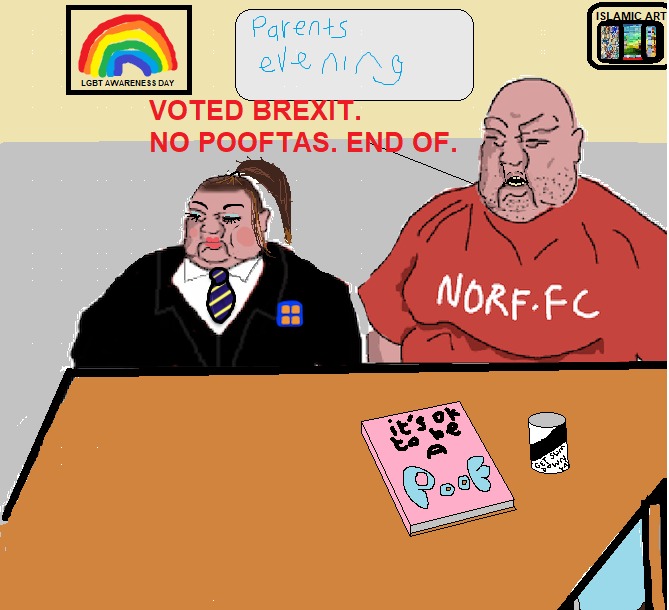“In general it is a law of politics that a small minority, tightly organized and disciplined, knowing in advance what it wants and planning consciously how to get it, has far greater weight than loose, amorphous majorities.”
James Burnham - Struggle for The World
The year is 2025, 1 in 3 people believe that national governments in the West conspire and orchestrate events to their own benefit, 1 in 5 believes that accountability for Covid policy and lockdowns is sorely lacking, and 1 in 10 believe that the conspiring governments work with moneyed and ethnic interests at the expense of the native population at large. The masses are red pilled, so what is to be done with them?
I believe it to already be clear that an unorganised mass of red pilled people gets us nowhere. If anything they are a detriment to our efforts by providing the political-media complex with numerous examples of ill-organised and frankly embarrassing affairs, such as January 6th, that are used to demarcate The Right as perpetual losers. This isn’t even half of the issue, for if we are not the ones who move and give directions to the red pilled masses then someone else will. Qanon being a textbook example of this. Not only is such a mass used against our wishes, its potential built up by years of dissident content and information is turned round and used against the very dissidents themselves.
So if the masses are to be red pilled there can be no other group to lead them than ourselves. We must be constantly operating under the premise that we are the organised 100 that can move millions, lest we become a part of the millions ourselves.
The 1 in 3 must be reached by our programming, this requires a coordinated media front which targets the 1 in 3 using demographic data to crystallise their suspicions about the conspiratorial nature of Western governments and their nefarious deeds.
The 1 in 5 must be reached and pulled into action in the digital space, not just through content. But interaction in spaces for specific and directed discussion. Prompting greater research, more in depth engagement with ideas and arguments, and generally being prepared to take these ideas and represent them in online public forums in a constructive and directed manner. This allows their speech to become a coordinated act of political expression— as opposed to the unorganised rabble.
The 1 in 10 must be reached and approached as possible participants in more complex activities. Their ability to engage in verboten thinking speaks to their ability to perceive already, without our guidance, the problems of our time. It is of course important that these people are kept up to speed and have their views and ideas constantly consolidated. More vital however is the need for these people to act on the behalf of their ideas, those already assured of what they believe are more likely to seek organisation elsewhere if our own does not provide ample tasks and projects. At this level individuals are brought into the interior organisation.
All of these aspects must work in coordination with one another, with trust and communication travelling in both directions, whilst orders and resource distribution is dictated from the interior—he who says organisation says oligarchy. One can begin to imagine a set of concentric rings from loose association at the periphery, to the hardcore of organised actors in the interior. To keep the red pilled masses in motion one must grow the outer rings continually whilst always directing entrants towards the inner rings. Doing so allows one to harness both quantity and quality. Millions are reached by programming, social media operations and clever PR stunts, meanwhile those able and willing to help in our efforts can be filtered up through towards the interior. Taking on roles from basic social media activism, content creation, to orchestrating conferences and managing resources across the whole complex.
In essence any and all effective political movements are centred around organisation, and organisation towards specific and limited goals. Ideals about mass action leading to sweeping changes are important to any movement, when its time has come, especially for those less shrewd volunteers. However allowing such fantasies to dominate the mind’s of leadership is the death knell for every movement.






Orwell wrote;
“So long as they (the Proles) continued to work and breed, their other activities were without importance. Left to themselves, like cattle turned loose upon the plains of Argentina, they had reverted to a style of life that appeared to be natural to them, a sort of ancestral pattern...Heavy physical work, the care of home and children, petty quarrels with neighbours, films, football, beer and above all, gambling filled up the horizon of their minds. To keep them in control was not difficult.”
I’ve been saying this forever. People are simply too comfortable. It’s too hard for them to put comfort on the line to make the right decisions.